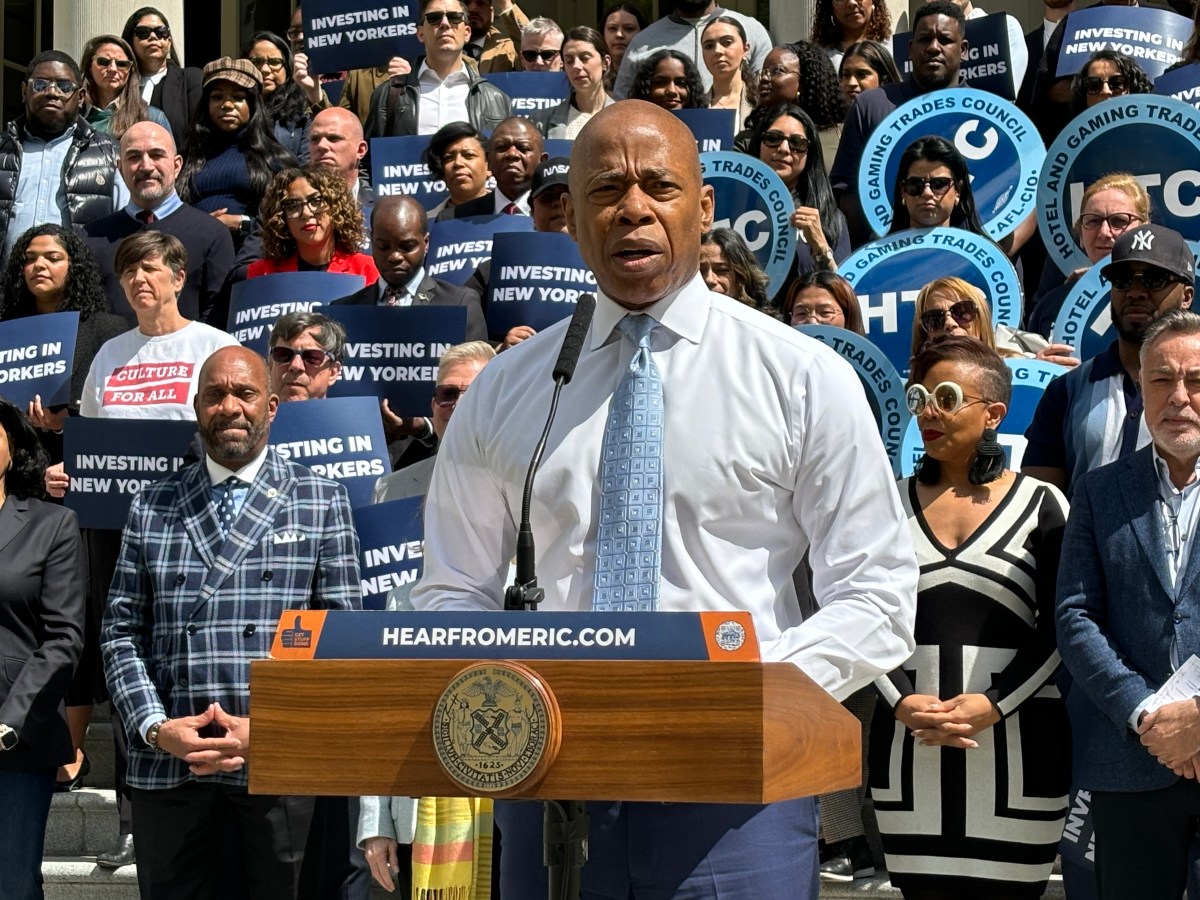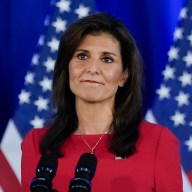By Edward Krudy
NEW YORK (Reuters) – Stock markets edged higher on Tuesday while sterling reversed gains after hitting a more than 5-1/2-month high earlier in the day as polls and surveys showed the United Kingdom’s vote on leaving the EU remains on a knife-edge. Mixed trading across asset classes pointed to uneasiness in markets, investors said, and came after Monday’s dramatic surge in “risk assets,” driven by polls showing the chance of the United Kingdom leaving the EU appearing to lessen. Oil prices briefly dropped back below $50 per barrel and ended a two-day rally as the latest opinion polls indicated Thursday’s referendum could go either way. But gold and the yen, safe-haven assets that often rally when investors are uncertain, continued to head lower. Fed Chair Janet Yellen said global risks and a U.S. hiring slowdown warrant a cautious approach to raising interest rates. Her comments before the Senate Banking Committee seemed to signal no pressing need for the Fed to raise rates. “Brexit has really dominated everything for the past several weeks,” said Richard Gilhooly, head of rates strategy, at CIBC World Markets in New York. “The shift in the Fed’s stance and forecasts have nothing to do with Brexit. There is something problematic with productivity and long-term growth as some economists have suggested.” The dollar strengthened against a basket of major currencies <.DXY>, mainly due to a 0.9 percent surge against the yen, which has retreated this week on indications the campaign for Britain to stay in the EU has regained momentum. The Dow Jones industrial average <.DJI> rose 24.86 points, or 0.14 percent, to 17,829.73, the S&P 500 <.SPX> gained 5.65 points, or 0.27 percent, to 2,088.9 and the Nasdaq Composite <.IXIC> added 6.55 points, or 0.14 percent, to 4,843.76. The MSCI’s all-country world stock index <.MIWD00000PUS> edged up 0.2 percent after surging 1.7 percent on Monday.
In Europe, shares continued to drive higher. The pan-European FTSEurofirst 300 index <.FTEU3> added 0.7 percent after gaining 3.7 percent on Monday. Britain’s blue-chip FTSE 100 index <.FTSE> edged up 0.4 percent. Two opinion polls published on Monday put the “Remain” camp, those campaigning for the United Kingdom to stay in the EU, ahead before Thursday’s vote, but another gave “Leave” a slight lead. Brent crude oil Concern that Britain, the world’s fifth-largest economy, will leave the EU has weighed on financial markets for weeks and has been cited by central bankers, including Yellen, as a major obstacle for the global economy. EURO ZONE UNCERTAINTY HIGH
Euro zone growth is gaining momentum but uncertainty is high and the inflation outlook is subdued, ECB President Mario Draghi said Tuesday, indicating the European Central Bank stands ready to act if necessary. Sterling, the main vehicle used by international investors to express a view on the referendum, rose as high as $1.4788 The pound gained 0.5 percent to 153.31 yen U.S. Treasury yields rose to one-and-a-half week highs. Benchmark 10-year notes Gold, another “safe haven” where investors park their money at times of heightened risk, fell 2 percent (This story has been refiled to fix day of the week to Tuesday, not Thursday, in first paragraph)
(Additional reporting by Lisa Twaronite in Tokyo, Jamie McGeever, Aniban Nag, Jemima Kelly, Dhara Ranasinghe, and Nigel Stephenson in London; Editing by Nick Zieminski)
















